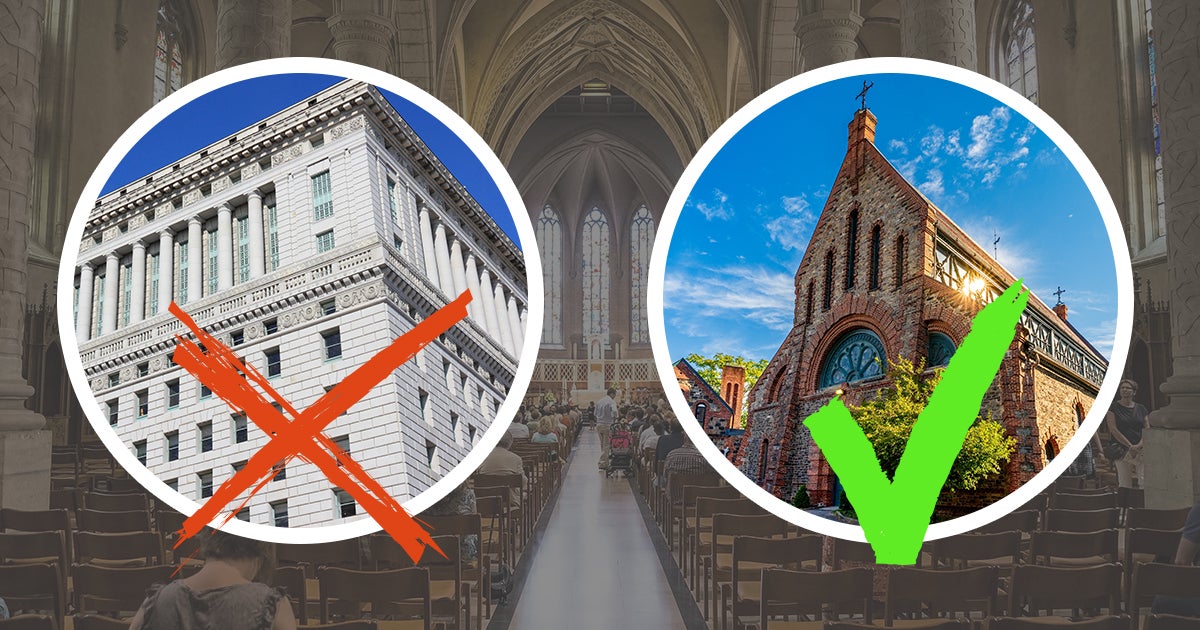
by Jorge Gomez • 2 minutes
We recently secured a huge victory in federal appeals court for the North American Mission Board (NAMB) of the Southern Baptist Convention.
The 5th U.S. Circuit Court of Appeals ruled that courts cannot “interfere with matters of church government, matters of faith, (and) matters of doctrine.” The 5th Circuit dismissed the lawsuit brought against NAMB by a former employee.
“There should be no doubt that religious organizations and associations—not judges—have the freedom to choose how to fulfill their religious missions and with whom,” said Matthew Martens, partner at WilmerHale. “We are grateful that the 5th Circuit recognized this important principle of religious freedom.”
NAMB partners with Southern Baptist churches, local associations and state conventions to share the Christian faith. They also care for refugees, fight human trafficking, support adoption and foster care, coordinate the response to natural disasters and plant new churches.
This case came about because the Baptist Convention of Maryland and Delaware terminated a pastor due to spiritual concerns about his performance as one its top leaders.
The pastor sued NAMB claiming it caused his termination, though there is no evidence NAMB had anything to do with it. The core issue in the case was whether federal courts can get involved in this type of religious dispute at all.
First Liberty and Wilmer Hale argued that religious institutions—not judges or government officials—have a constitutional right to choose how to fulfill their religious missions and who will do the work. Courts and the government have no role in determining who should be leaders of religious organizations or how religious organizations communicate regarding the spiritual fitness of religious leaders.
Protecting religious institutions from government interference is foundational to who we are as Americans. It’s the point of the church autonomy doctrine the Supreme Court has recognized for nearly 150 years.
The case has worked its way up and down the federal courts. And because federal courts allowed the case to continue moving forward time and time again, it effectively allowed the government to interfere in the decision-making processes of religious organizations, which violates the church autonomy doctrine.
“This unconstitutional violation of church autonomy ends today,” the Court wrote in its order.
With this victory, NAMB can continue to pursue its religious mission without the government meddling in its internal affairs. The organization can now move forward with sharing the Gospel, engaging in compassion ministry, and planting new churches across North America.
This is also a broad win for houses of worship and ministries across America. This ruling strengthens church independence and reaffirms that the government may not interfere in an internal dispute over who should lead a church or religious organization.
“The First Amendment prohibits the government from interfering with the autonomy of religious organizations and the church,” said Hiram Sasser, Executive General Counsel for First Liberty “No court should be able to tell a church who it must hire to preach their beliefs, teach their faith, or carry out their mission.”